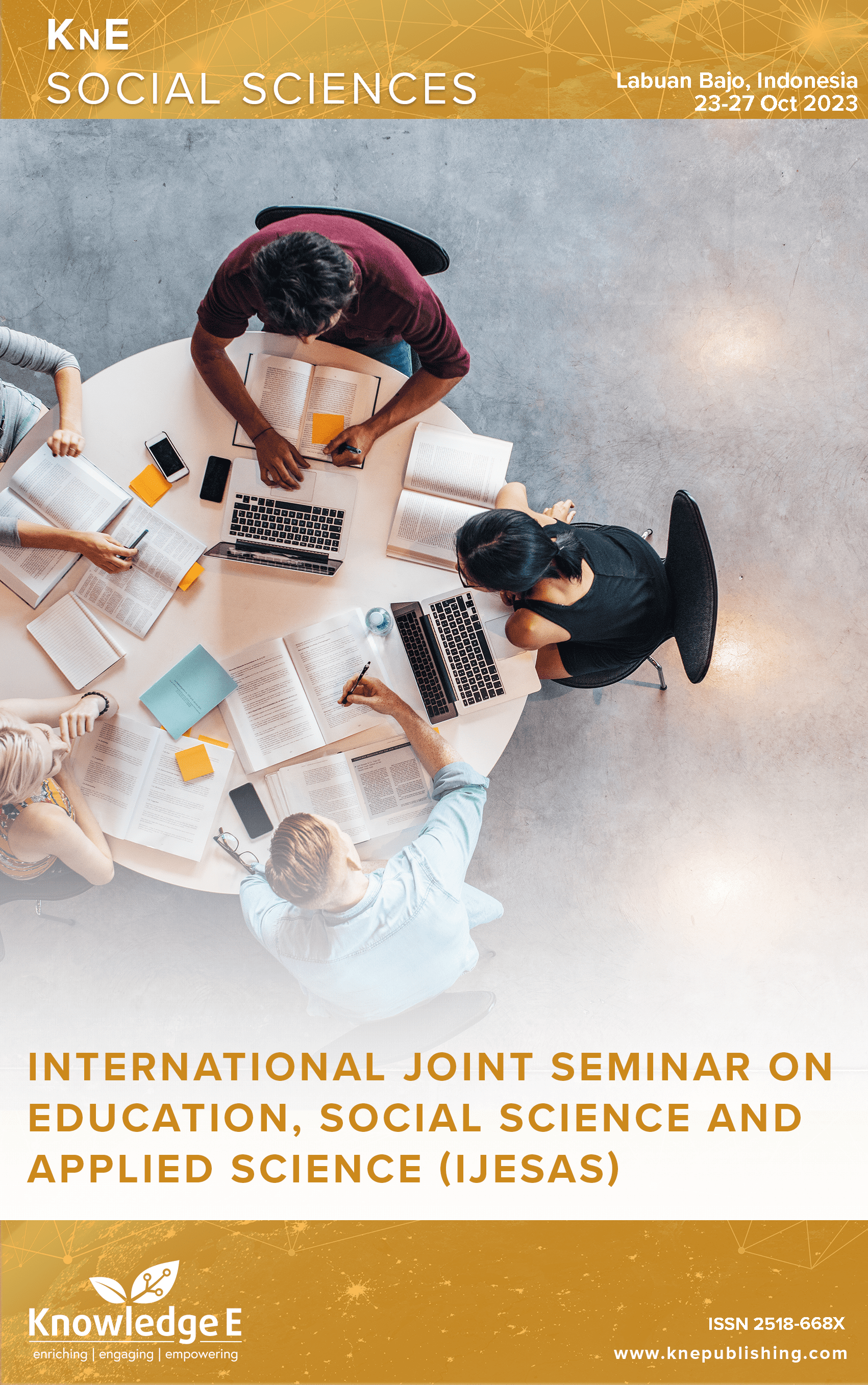Financial Literacy and Risk Perception to Maximize Crypto Asset Investment Decisions
DOI:
https://doi.org/10.18502/kss.v9i19.16525Abstract
This study aims to improve investment decisions in crypto assets by optimizing the integration of financial literacy and risk perception through behavioral finance, emphasizing an in-depth understanding of the psychological and behavioral factors that influence financial decision-making. This study used a quantitative approach with primary data sourced from online questionnaires distributed via the Google Forms platform. The Slovin technique was used for sampling, resulting in a sample of 300 respondents. The analysis technique used by SEM-PLS is the Structural Equation Model Partial Least Square with the help of the SmartPLS program. The research was conducted at PT Indodax Nasional Indonesia or “INDODAX – Indonesia Bitcoin & Crypto Exchange”. The results find that the integration of financial literacy, understanding of risk through behavioral finance, and the use of technology can significantly improve investment decisions in crypto assets. This research provides in-depth insights into the relationship between financial literacy, risk perception, and investment decisionmaking in crypto assets. The theoretical implications of the study confirm that financial literacy, understanding of risk, and related education contribute to improving optimal investment decisions in crypto assets as well as shaping financial behavior. The practical implication is the need for financial organizations and educational institutions to focus on financial literacy education and risk perception training to support optimal investment decision-making in crypto assets.
Keywords: financial literacy-1, risk perception-2, behavioral finance-3
References
Rasool N, Ullah S. Financial literacy and behavioural biases of individual investors: empirical evidence of Pakistan stock exchange. J Econ Finance Adm Sci. 2020;25(50):261–78. DOI: https://doi.org/10.1108/JEFAS-03-2019-0031
Weixiang S, Qamruzzaman M, Rui W, Kler R. An empirical assessment of financial literacy and behavioral biases on investment decision: fresh evidence from small investor perception. Front Psychol. 2022 Sep;13(September):977444. DOI: https://doi.org/10.3389/fpsyg.2022.977444
Agarwal S, Amromin G, Ben-David I, Chomsisengphet S, Evanoff DD. Financial literacy and financial planning: evidence from India. J Hous Econ. 2015;27:4–21. DOI: https://doi.org/10.1016/j.jhe.2015.02.003
Khawar S, Sarwar A. Financial literacy and financial behavior with the mediating effect of family financial socialization in the financial institutions of Lahore, Pakistan. Future Business Journal. 2021;7(1):1–11. DOI: https://doi.org/10.1186/s43093-021-00064-x
Ahmed Z, Rasool S, Saleem Q, Khan MA, Kanwal S. “Mediating Role of Risk Perception Between Behavioral Biases and Investor’s Investment Decisions,” SAGE Open. vol. 12, no. 2, p. 2022. DOI: https://doi.org/10.1177/21582440221097394
Aren S, Zengin AN. Influence of Financial Literacy and Risk Perception on Choice of Investment. Procedia Soc Behav Sci. 2016;235(October):656–63.
Nguyen L, Gallery G, Newton C. The joint influence of financial risk perception and risk tolerance on individual investment decision-making. Account Finance. 2019;59(S1 no. S1):747–71. DOI: https://doi.org/10.1111/acfi.12295
Aren S, Zengin AN. Influence of Financial Literacy and Risk Perception on Choice of Investment. Procedia Soc Behav Sci. 2016;235(October):656–63. DOI: https://doi.org/10.1016/j.sbspro.2016.11.047
Bas B. “Risk perception of cryptocurrency investments.,” no. June, p. 2022.
Nurbarani BS, Soepriyanto G. Determinants of Investment Decision in Cryptocurrency: evidence from Indonesian Investors. Universal Journal of Accounting and Finance. 2022;10(1):254–66. DOI: https://doi.org/10.13189/ujaf.2022.100126
K. D.A.T. The Impact of Financial Literacy on Investment Decisions: With Special Reference to Undergraduates in Western Province, Sri Lanka. Asian Journal of Contemporary Education. 2020;4(2):110–26. DOI: https://doi.org/10.18488/journal.137.2020.42.110.126
Bihari A, Dash M, Kar SK, Muduli K, Kumar A, Luthra S. Exploring behavioural bias affecting investment decision-making: a network cluster based conceptual analysis for future research. International Journal of Industrial Engineering and Operations Management. 2022;4(1/2):19–43. DOI: https://doi.org/10.1108/IJIEOM-08-2022-0033
Huang H. “An Investigation of Cryptocurrencies: Behavior Finance Perspective.,” Proceedings of the 2022 7th International Conference on Social Sciences and Economic Development (ICSSED 2022). vol. 652, no. Icssed, pp. 484–489, 2022. DOI: https://doi.org/10.2991/aebmr.k.220405.080

